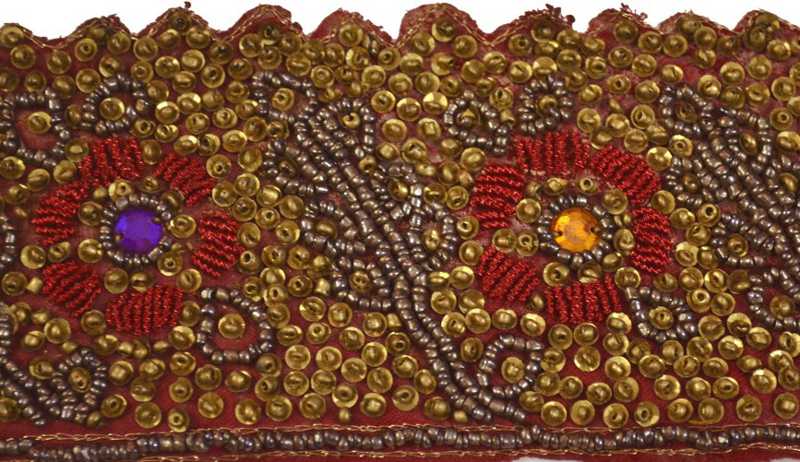===
0293,
8
===

=== |
 |
bāre : 'Once, one time, all at once; at last, at length'. (Platts p.121)
ġhanīmat : 'Plunder, spoil, booty; a prize; a boon, blessing, a God-send; a piece of good luck, good fortune; abundance; convenience; accommodation'. (Platts p.773)
FWP:
What is the tone of this verse? SRF gives several, but he seems not to include the one that at once strikes me as the most obvious and powerful: that of wryness, sarcasm, bitterness: 'I've lost everything that sustains life and makes it livable, and then to top it all off, I haven't even been able to escape into death, somehow I'm still living! Hah-- one final, typical example of my fate, to be handed such a 'piece of luck'!'
For more on such problems of tone, see {724,2}.
Compare Ghalib's ambivalent-feeling use of ġhanīmat :
G{90,4}.